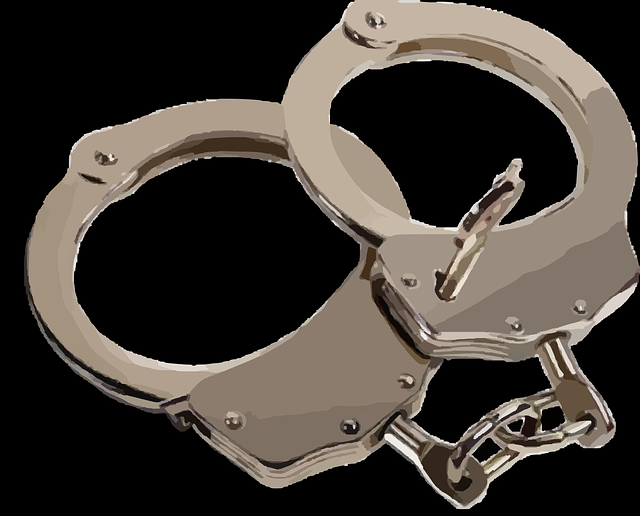A confronting video of a nine-year-old girl in handcuffs and taken away by police after a meltdown at school is circulating. Consequently, advocates are crying out for better mental health support services in NSW.
Police handcuffed and led away nine-year-old Makayla from her south-west Sydney school. Makayla is an intelligent child who struggles with a combination of autism spectrum disorder, oppositional defiant disorder, ADHD and anxiety. This combination results in uncontrolled and sometimes violent outbursts.
Video from 9News – no audio.
Her mum, Megan, spoke to 9News and stated that on multiple occasions experienced the following scenarios:
- police put Makayla into paddy wagons,
- police sectioned her under the Mental Health Act,
- hospital staff restrained her in emergency departments
- and she experienced suspensions from school.
Megan states that the system fails to provide much-needed specialist interventions and support for children like Makayla.
CEO of the Autism Advisory and Support Service, Grace Feva, told 9 News that there are many parents in similar situations to Megan’s.
“The system is letting them down. I’d say the system is broken but as somebody once eloquently put it, there is no system,” she told 9News.
Additionally, Feva also told 9News that these children often end up in teen or adult mental health services. They have a higher risk of turning to drugs and ending up in the criminal justice system.
Over half of people shot and killed by police had mental illnesses
In 2019, NSW Police responded to 54,571 mental health-related incidents.
An ABC 7.30 report in 2018 found that of the 35 people shot by NSW police in the last 20 years, 19 of those had a mental illness.
For instance, Ian Fackender had a diagnosis of schizophrenia after his mental health worsened when his pregnant wife lost their child. On the day police shot him, he was five days overdue for his monthly injection of medication, according to 7.30.
Police let themselves in when he refused to answer the door after mental health workers called police for assistance. Ian was holding his Star of David sword. This was his protection against everything, according to his mother. Police tried to taser him twice but it didn’t work. Subsequently, a police officer then fired five shots into Ian.
Greens MLC David Shoebridge told 7.30 that the high proportion of mentally ill people on the list has impetus from two factors.
“We’ve got a tragic under-resourcing of mental health facilities, and it’s not just in NSW, that’s a nationwide problem,” he told 7.30.
“That means that frontline police are the frontline responders and those primarily relatively junior police are going out there, dealing with mentally ill people and, to be quite frank, they haven’t got the training and they haven’t got the support.”
“You put those two things together, you have a very potent, tragic, often-fatal mix.”
Mental Health and the Police
To address the crisis, the NSW Police Force have mandatory one-day training, which Shoebridge states is “laughable”. NSWPF also offer their officers a two-day Mental Health Enhanced Police Practice Module with 3000 officers becoming ‘specialists’.
Police officers “section” someone under the Mental Health Act for the safety of the person and others. However, the same Act allows courts to use other sections to not convict someone on mental health grounds.
Mental Health in our prisons
In 2005, 43% of NSW prisoners had either a psychosis, anxiety disorder or affective disorder, according to a University of NSW researcher. 20% of all prisoners had suffered from at least one type of mood disorder and 36% had experienced an anxiety disorder.
According to the researcher, Tony Butler, “[t]hese findings confirm that prisoners are a highly mentally disordered group compared with the general community.”
“Given the high prevalence of mental illness identified by this study, it is essential that prison mental health services be adequately resourced to address the demand and, at minimum, ensure that mental health does not deteriorate during incarceration.”
A study in the British Journal of Psychiatry noted that “recent reviews have established that severe psychiatric disorders, such as psychosis, post-traumatic stress disorder (PTSD) and major depression, are highly overrepresented in general prison populations.”
The 2018 Australian Institute of Health and Welfare report on prisoner health reviewed the health of all prisoners in Australia, except for NSW.
In this report, a total of 40% of prison entrants reported receiving information that they have a mental health condition at some stage in their life. Over one-quarter of entrants had a high or very high level of psychological distress, with almost one-quarter taking medication for their mental health condition.
The AIHW report makes no mention of autism spectrum disorder, ADHD or oppositional defiance disorder.






